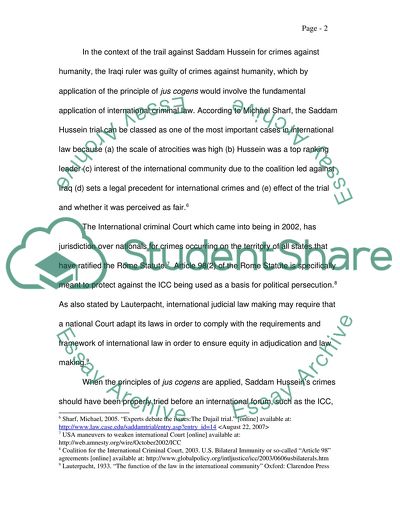Cite this document
(“Public International Law Essay Example | Topics and Well Written Essays - 3000 words - 2”, n.d.)
Public International Law Essay Example | Topics and Well Written Essays - 3000 words - 2. Retrieved from https://studentshare.org/law/1541874-public-international-law
Public International Law Essay Example | Topics and Well Written Essays - 3000 words - 2. Retrieved from https://studentshare.org/law/1541874-public-international-law
(Public International Law Essay Example | Topics and Well Written Essays - 3000 Words - 2)
Public International Law Essay Example | Topics and Well Written Essays - 3000 Words - 2. https://studentshare.org/law/1541874-public-international-law.
Public International Law Essay Example | Topics and Well Written Essays - 3000 Words - 2. https://studentshare.org/law/1541874-public-international-law.
“Public International Law Essay Example | Topics and Well Written Essays - 3000 Words - 2”, n.d. https://studentshare.org/law/1541874-public-international-law.


